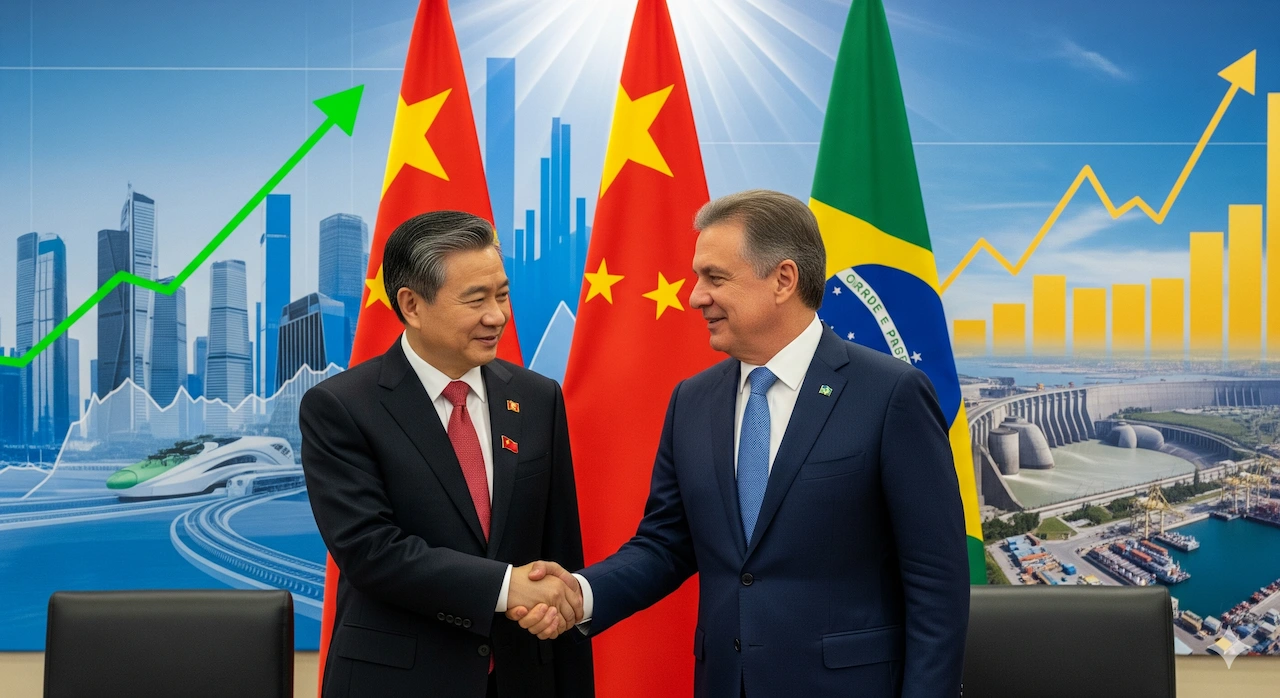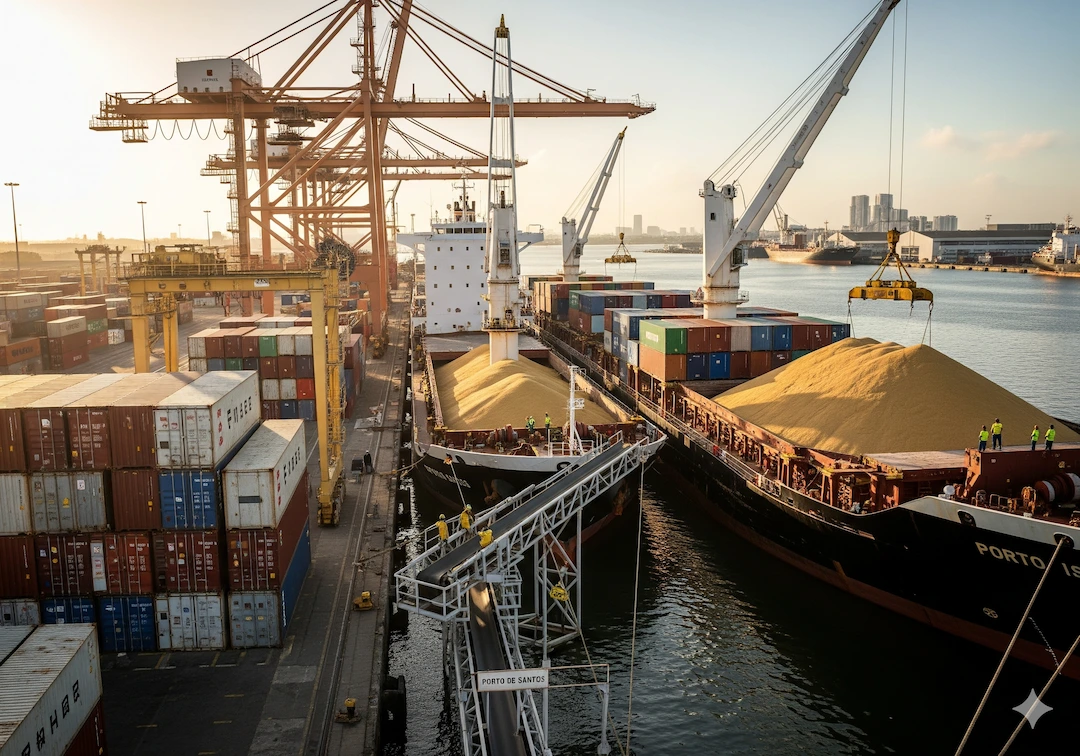GloNews10

Chinese investment in Brazil has reached historic levels, with the Latin American giant now becoming the third-largest destination for Chinese capital globally. This surge signals not just a financial milestone, but also a strategic pivot in Beijing’s global investment strategy. From energy and infrastructure to technology and agriculture, Chinese companies are expanding aggressively in Brazil, reshaping bilateral ties and altering the global economic balance.
China’s decision to strengthen its foothold in Brazil is driven by multiple factors:
Reuters recently reported that Brazil’s share of Chinese global investment has doubled within the last year, reflecting this shift.
Brazil’s booming demand for clean energy and large-scale infrastructure projects has made it a hotspot for Chinese state-backed companies. From hydropower plants to logistics networks, Chinese engineering giants are gaining ground.
Chinese tech firms are entering Brazil’s fast-growing digital economy. With 5G rollout in progress, companies like Huawei are playing a critical role in Brazil’s telecom revolution.
Brazil is the world’s largest exporter of soybeans, beef, and poultry. China’s growing middle class has driven massive agricultural imports from Brazil, further strengthening economic ties.

China’s rising investment in Brazil isn’t just a bilateral win—it has wider geopolitical implications:
For more details on how this trend impacts global markets, see Bloomberg.
Despite the optimism, Chinese investment in Brazil faces challenges:
Still, the momentum suggests both nations are willing to navigate these challenges for long-term benefits.
The surge in Chinese investment in Brazil is more than a financial statistic—it reflects a fundamental reordering of global trade and investment flows. With Brazil emerging as China’s third-largest investment destination, the partnership is poised to reshape not only Latin America’s economic future but also the broader global balance of power.